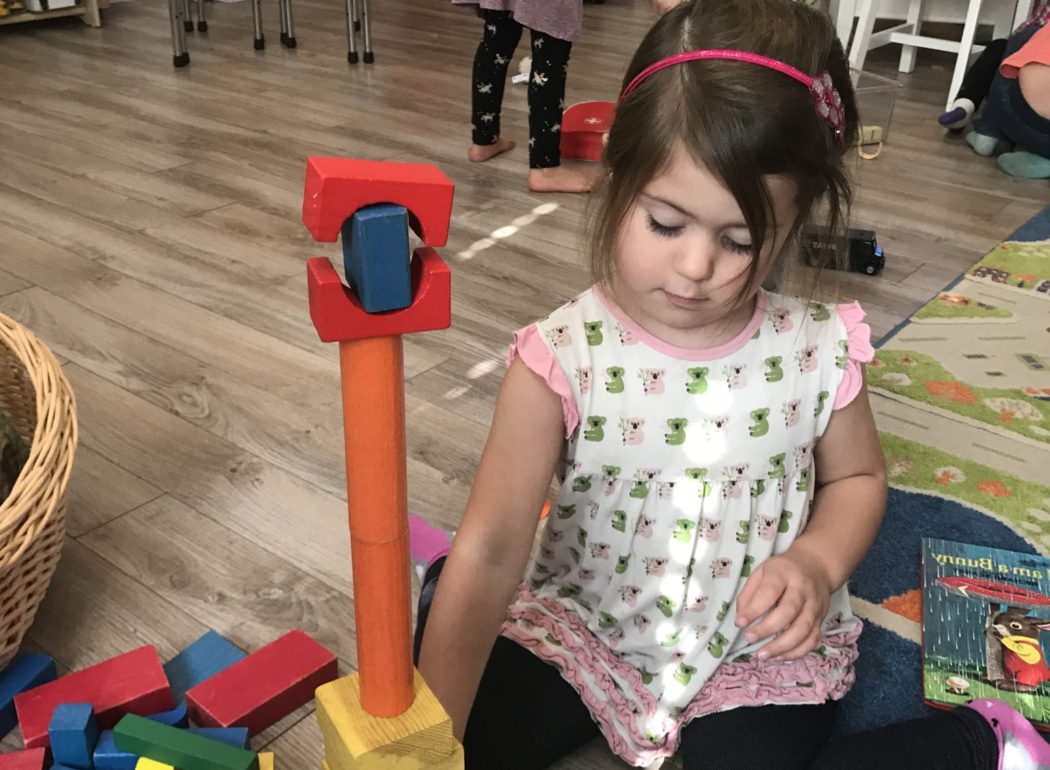The Importance of Play & Active Learning in Early Childhood And Beyond
By Cynthia Terebush, CPC, CYPFC (Patch Poster) patch.com
In today’s test driven educational systems, it seems that we have forgotten that learning through play during the early childhood years is the basis for later critical thinking. It distressed me to learn recently that some early childhood programs have taken the word “play” out of the description of their curriculum. One director apologetically explained to me that in today’s educational environment, the word “play” was viewed negatively. What does it say about our society that parents do not want to hear that their preschoolers are playing? Perhaps the problem is a lack of understanding. Play is not something children do between learning opportunities. Play IS the learning opportunity.
Children learn best when they build their knowledge through play. Providing a student-centered, play & experiential environment at all ages enhances a student’s receptiveness to learning. Students need to be active rather than passive. Think about your best learning experience. You may have been actively engaged in debate, on a school trip, creating something. You were undoubtedly active. When I teach workshops, I often ask people to think back on their school years. I have yet to have an adult tell me that their best learning experience was when they were not in some way engaged in activity. If adults recognize that we learn best from activities that engage us physically and intellectually, they shouldn’t expect anything different from children.
According to the American Academy of Pediatrics, play promotes both behavioral development and brain growth. The University of North Carolina’s “Abecedarian” Early Child Intervention program found that children who had the benefit of both enriched, play-oriented parenting and early childhood programs had significantly higher IQ’s at age five than those that did not (105 vs. 85 points).
The benefits of play are evident when we recognize what children learn when they play. A child building with blocks is learning about spatial relationships, weight & balance, problem solving and size comparisons. A child engaged in dramatic play is practicing oral language development skills, storytelling and developing an understanding & empathy for others. Why is it important to make those beaded pieces of jewelry? In order to get them to look just right, students might be sorting, classifying and patterning. They learn so much more than they would in a workbook by using toys, manipulatives and other materials.
Parents and educators need to work together to bring education back to its core. All of the workbooks, standardized tests and pushing children to learn things before they are developmentally ready are not improving our educational system. Parents and teachers in my workshops frequently tell me that they fear that we are creating people who can produce a product – a correct answer – but do not have the experience to think deeply and to analyze. By giving your children a foundation of learning through play in the early childhood years and voicing your concerns about including experiential learning for every age group, we can make a difference for this generation of learners.
